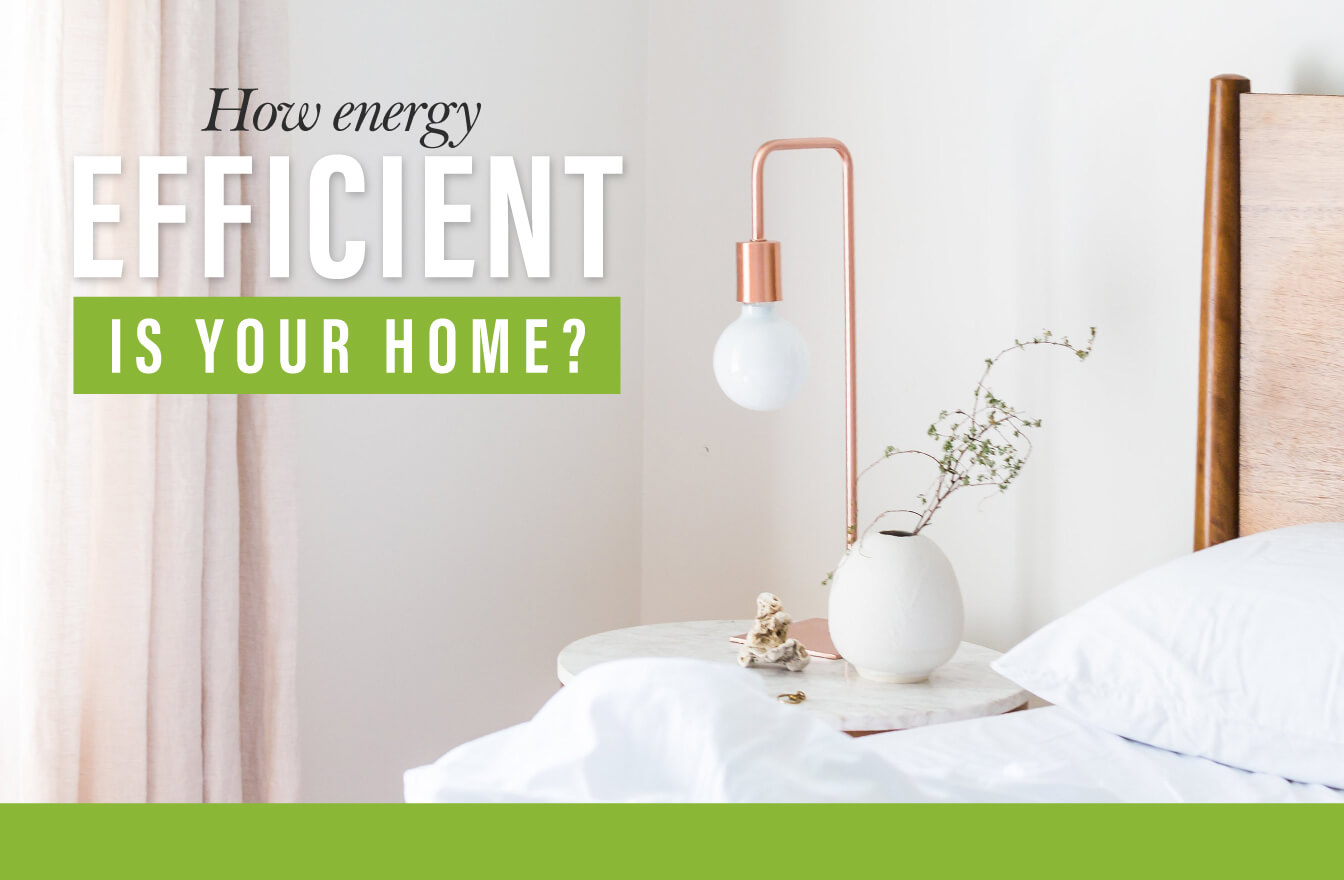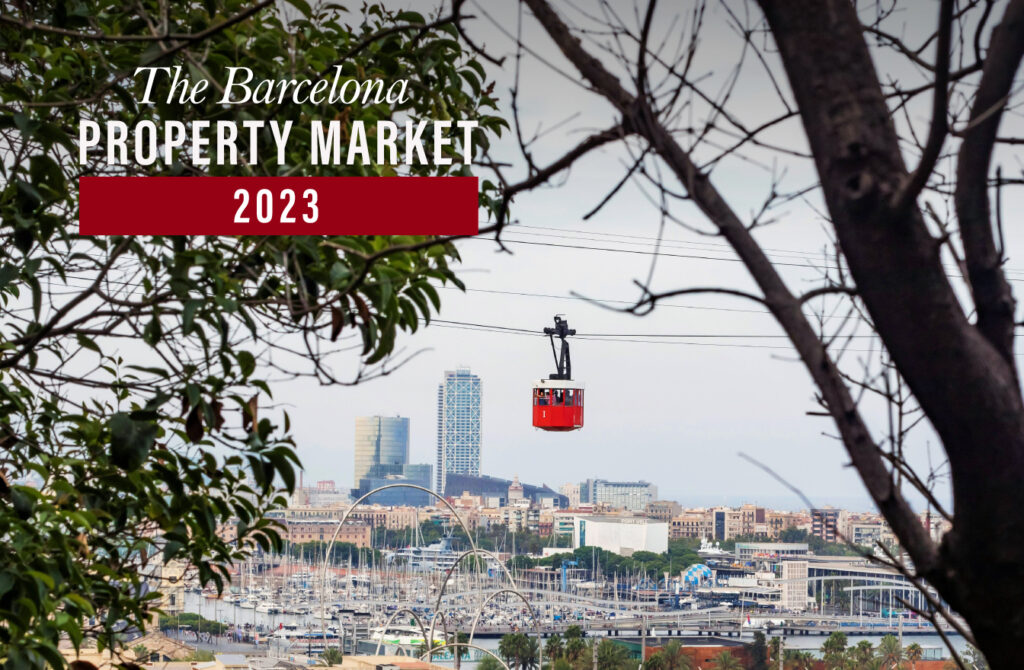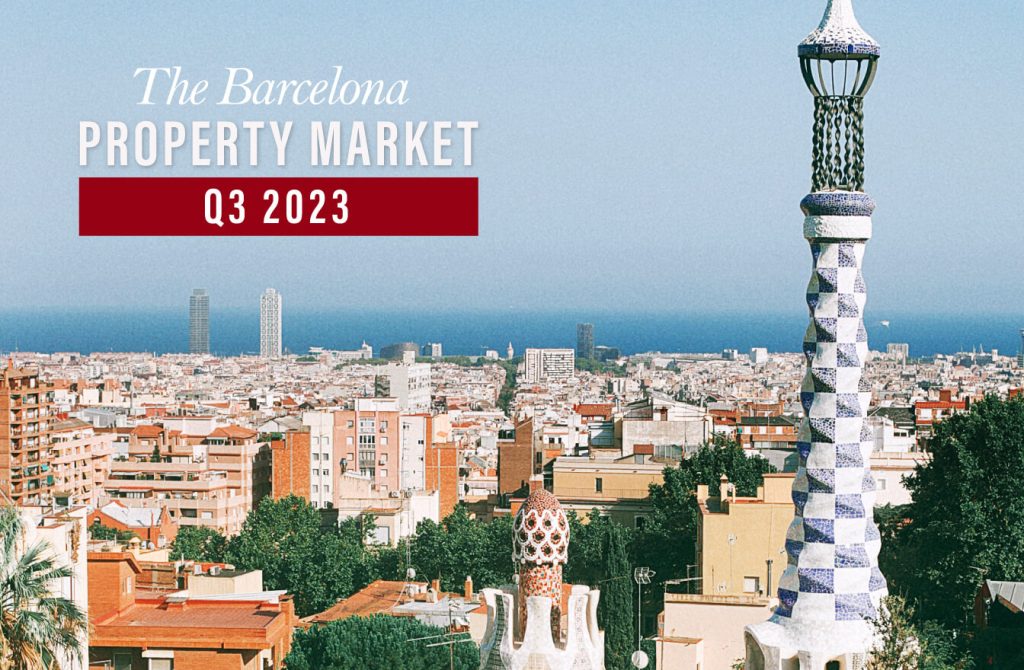
All buildings in Spain that were built prior to 2006 when the new Código Técnico de la Edificación became mandatory are deemed energy inefficient, unless they have undergone under an energy efficient retrofit.
About energy efficiency levels
BREEAM and LEED are the most commonly used standards in terms of sustainability worldwide (sustainability includes both energy efficiency and responsible use of resources). Passivhaus (Passive House in the US and the UK) is by far the most stringent standard of pure energy efficiency. A further standard known as WELL focuses on the health and well-being of people and is currently being used in conjunction with LEED, BREEAM and Passivhaus.
According to Pablo Muñoz Hernández, CEO of Evalore, which offers technical support to homeowners planning an energy efficient retrofit project (addition of new technology or features to older systems), Barcelona lags behind Northern European cities when it comes to energy efficient buildings but is taking major steps to rectify this.
“The city hall has launched a programme to provide financial support to those homeowners undertaking an energy efficient rehabilitation project. Passivhaus is spreading across the outskirts of Barcelona and the Catalan countryside. In this regard, Catalonia, along with other regions like Navarra or the Basque Country, has become a reference point in Spain.”
Muñoz claims that the construction industry accounts for around 39% of the total carbon dioxide emissions globally. “In Spain, 60% of those come from residential buildings. The construction industry is also responsible globally for 30% of solid waste and 20% of water contamination. Building more sustainably is therefore a must in our efforts to fight climate change.”
Practical tips for effective energy efficiency
Efficiency tips
Making your home more energy efficient is not only good for the environment but it can also save you a lot of money. Here are a few tips:
Solar panels
Increasingly becoming the most popular form of renewable energy, solar panels harness energy from the sun. The panels are fairly expensive to buy and install but the long-term benefits are worth it – lower energy bills and an eco-friendly home.
Insulation
Houses and apartments get cooler via the walls, so installing cavity wall insulation can prevent a lot of heat loss. Roofs and lofts can be responsible for around 25% of the heat lost so these also need to be well insulated.
Eco-friendly bulbs
Energy-saving or LED light bulbs use a lot less energy and last much longer. They cost more than regular bulbs but save you money in the long run. According to Muñoz: “Lighting would be a quick fix and is a no-brainer strategy. Installing energy efficient lighting will probably be the strategy that will have the shortest payback.”
Boiler upgrade
Boilers take up a big chunk of the annual energy bills. Switching to a modern efficient boiler with room thermostats and full controls can cut €€€s off your bills every year as well as cutting down your home’s carbon dioxide emissions.
Draught-proofing
Double or triple-glazing windows can keep heat in and the cold out. “Most of the energy lost in an old building is lost by convection and not by conduction,” comments Muñoz. “This means that, contrary to what people think, airtightness plays a bigger role in energy efficiency than insulation. Old, badly installed windows and leaky walls are often the main cause of energy loss. Increasing airtightness can be done but always ensuring proper ventilation. A building needs to breathe to avoid the’ sick building’ syndrome”.
Energy-efficient home appliances
Look out for the energy ratings on fridges, TVs or washing machines before you consider purchasing.
There are also small things that you can avoid doing in your home that will help save energy such as: using a bowl to wash up and not the dishwasher; cutting down to one or two washing loads a week; avoiding using stand-by on TVs and game consoles (which can cost as much in electricity as in use) and taking the plugs out of appliances that don`t have timers. Energy efficiency is everyone’s business, from small gestures to the most important ones.


 Barcelona real estate market in 2023
Barcelona real estate market in 2023
 Evolution of the Barcelona real estate market: Q4 2023
Evolution of the Barcelona real estate market: Q4 2023
 Evolution of the Barcelona real estate market: Q3 2023
Evolution of the Barcelona real estate market: Q3 2023
